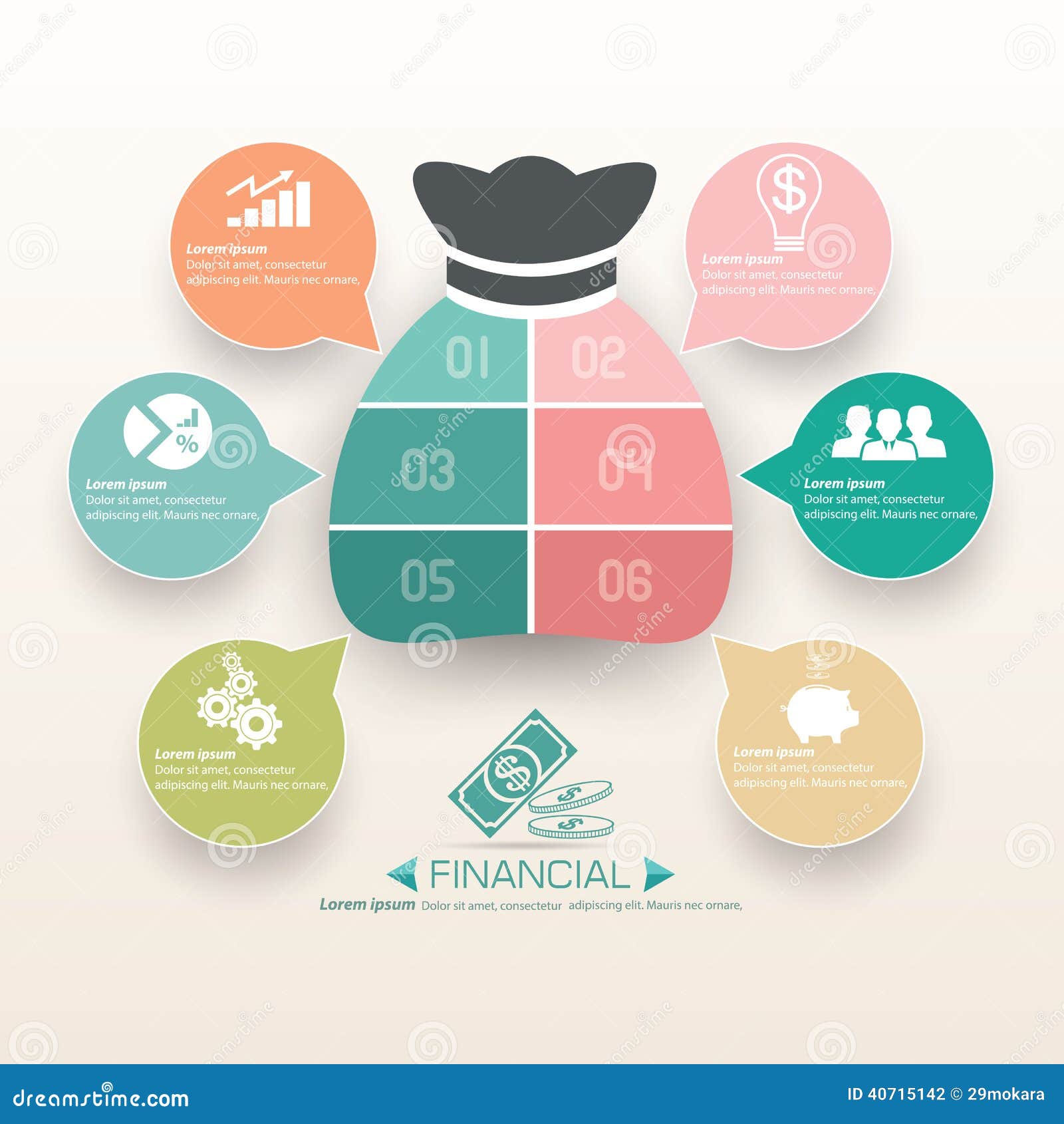Back-Pedaling An Efficiency Bond Can Have Considerable Economic Consequences.This Can Bring About A Range Of Financial Influences, Consisting Of:
Back-Pedaling An Efficiency Bond Can Have Considerable Economic Consequences.This Can Bring About A Range Of Financial Influences, Consisting Of:
Blog Article
Web Content Writer-
When a guaranty problems a performance bond, it ensures that the principal (the event that buys the bond) will accomplish their commitments under the bond's terms. If the major stops working to satisfy these obligations and defaults on the bond, the surety is accountable for covering any type of losses or problems that result.
1. Loss of track record: Back-pedaling a performance bond can harm the principal's reputation and integrity, making it tougher to protect future company or financing.
2. Legal and management costs: The guaranty might require to pay lawful and management prices connected with seeking the principal for problems or trying to fix the situation.
3. construction bonds : The surety might require to cover the price of completing the job or giving the solutions that the principal fell short to provide. This can cause considerable financial losses for the surety.
4. Boosted costs: If the principal has a background of defaulting on performance bonds, they may be required to pay higher costs in the future to acquire the essential bonding.
Overall, defaulting on a performance bond can have significant financial effects for both the principal and the guaranty. It is essential for principals to carefully consider their responsibilities and ensure they are able to satisfy the terms of the bond to avoid these unfavorable outcomes.
Defaulting on an efficiency bond can be a costly error for services. When you fail to satisfy the bond's obligations, the financial effects can be significant. From paying the complete bond total up to possible lawful battles and harmed connections, the effects can resound throughout your business procedures. Comprehending the elaborate internet of financial effects that back-pedaling a performance bond can have is vital for protecting your firm's financial health and credibility.
Financial Penalties for Defaulting
If you back-pedal a performance bond, you'll likely deal with considerable punitive damages. These penalties can vary depending upon the terms of the bond agreement but usually involve paying the bond quantity in full to the obligee. This implies that if you fall short to fulfill your legal obligations, you should pay the bond amount to the project proprietor or the entity that needed the bond.
Additionally, you may additionally be accountable for any added prices incurred by the obligee due to your default, such as finding a substitute professional or covering task delays.
Back-pedaling a performance bond can likewise result in lawful charges and court costs if the obligee determines to take legal action against you to recoup the bond amount. These expenditures can swiftly add up, more intensifying the economic influence of your default. It's vital to very carefully review and comprehend the terms of the performance bond to prevent these extreme financial penalties.
Effect On Company Capital
Back-pedaling a performance bond can substantially impact your service capital, impacting monetary security and operational abilities. When you default on an efficiency bond, you run the risk of shedding the bond amount, which can be a considerable amount. This loss directly affects your cash flow, as you'll need to locate alternative resources of funding to cover the bond quantity. Moreover, skipping can bring about enhanced bond insurance cost from sureties, making it more difficult and extra expensive to safeguard bonds in the future. This can further strain your cash flow as you might need to allocate added sources to meet bonding requirements.
The impact on your capital doesn't quit there. Defaulting on a performance bond can additionally lead to task delays or cancellations, resulting in a loss of profits. Additionally, the adverse credibility that includes failing can discourage prospective clients, even more decreasing your cash flow. Generally, back- surety bond guardianship can have harmful effects on your company's economic health and capability to run efficiently.
Lawful Ramifications and Lawsuits
Dealing with legal implications and potential suits because of defaulting on an efficiency bond can considerably impact your business's track record and financial standing. When you back-pedal an efficiency bond, the surety business may take legal action to recuperate the bond amount paid. This could lead to expensive lawful costs, court costs, and potential settlements or judgments against your company.
Additionally, defaulting on an efficiency bond might cause harmed partnerships with clients, subcontractors, and providers, impacting your capacity to protect future agreements. Suits occurring from bond defaults can tarnish your business's credibility in the sector, making it testing to attract brand-new companions or clients.
Additionally, if surety definition causes a court judgment against your company, it can result in property seizure or liens, additionally straining your economic security. Consequently, it's crucial to understand the lawful implications of back-pedaling an efficiency bond and take aggressive actions to mitigate the risks involved.
Verdict
As you deal with the effects of defaulting on a performance bond, remember this: it resembles strolling a tightrope without a safety net. One wrong action can send you plunging right into a financial freefall, without any way to quit the fall.
The financial penalties, capital impact, and lawful implications are all waiting to catch you if you mistake. So step thoroughly, and constantly honor your dedications to stay clear of the harsh effects of default.
